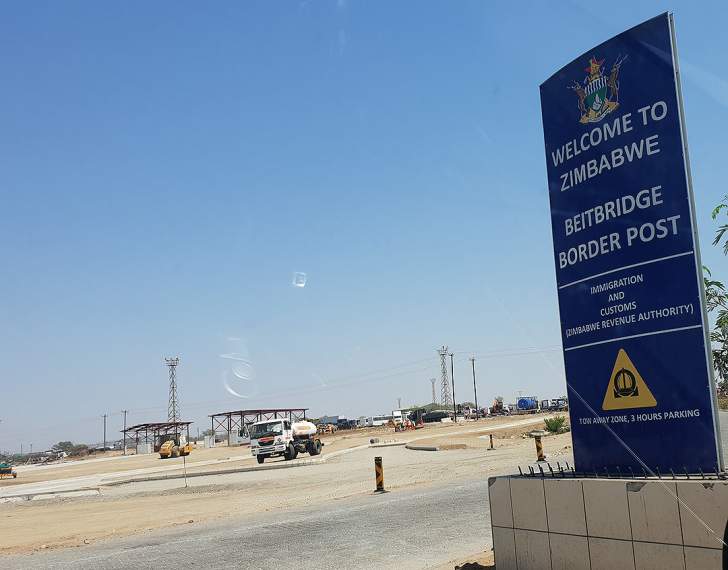Women in informal cross-border trade have welcomed the re-opening of the country`s border orders, as their livelihoods had taken a serious knock.
The land borders which include Beitbridge, Plumtree, Chirundu, Victoria Falls and Forbes are set to be opened for private motorists and pedestrians to use following their closure for almost eight months as part of the efforts to curb the spread of Covid-19.
One of the requirements of being able to cross the border will be to produce a negative Polymerase Chain Reaction(PCR) Covid-19 certificate .
Speaking to CITE, Debra Mukasa said they will now be able to restock in time for the festive season.
“We are eagerly waiting for the re-opening since our businesses were on stand still but our main worry is now on Covid-19 certificates and if the borders are really ready for us so that we won’t have challenges,” she said.
In addition, Mrs Ndlovu said the re-opening is a welcome move as their businesses were nearly collapsing.
“As you know we were now depending on haulage trucks, of which this system was really expensive for someone surviving in the informal sector, so we are really happy that we will be now crossing on our own again,” she said.
“Most women were abused during the lockdown period as they were trying to cross the border illegally, so now we hope to be safe even though we know that the virus is still with us.”
Bulawayo Vendors and Traders Association director Michael Ndiweni said they hope that the government will facilitate the smooth crossing of informal cross border traders.
“We hope that the government is ready to facilitate the smooth crossing of informal cross border traders, we hope they have put in place mechanisms that will deal with issues of delay when people are entering or exiting the country and we hope that authorities will be friendly to our membership and more importantly we hope that people will be able to access the PCR Covid-19 certificate,” said Ndiweni.
“We hope that authorities will be on the alert so that people are not cheated at the border when people seek to sell them fake certificates and even health facilities. Our hope is that they are going to be assisting.”
Ndiweni added: “Our concern is that the cost of PCR certificate is very high, we are told that its around US$60 there about and few people will be able to afford such an amount, so our plea is that Government must review and have a reasonable fee for the PCR certificate and maybe establish more centres for accessing the certificates.”

